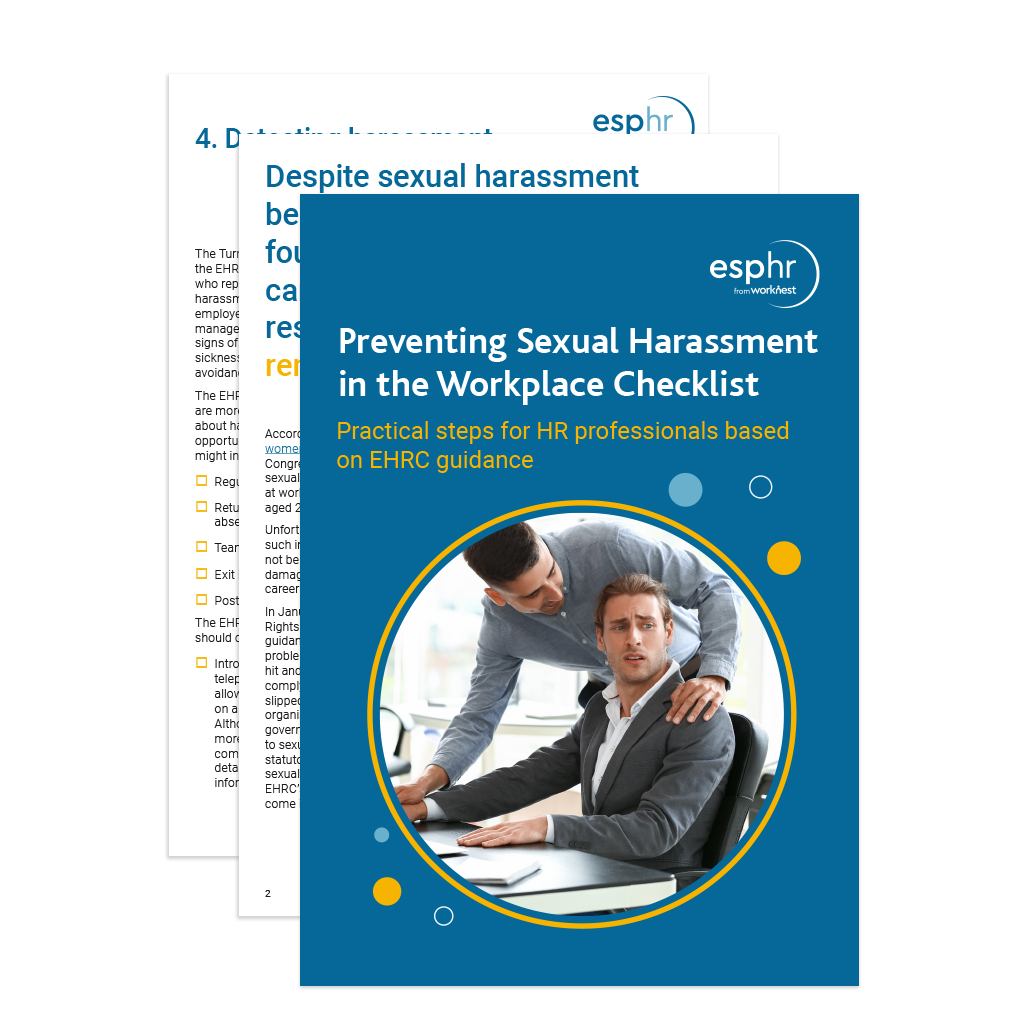As a reader of local human-interest stories, a former FE college lecturer as well as an employment lawyer, I’ve always tried to support neurodivergent individuals and those who volunteer their time to make a difference in their communities.
So, like many others, I was moved by the recent story of Tom Boyd – and the national show of support that followed. His fantastic smile captured hearts across the country, and his mother said she was “overwhelmed” by the kindness shown to him.
Tom Boyd’s story: a national response
Tom, a 28-year-old neurodiverse man, volunteered at Waitrose in Cheadle Hulme, Manchester, for four years. Supported by a care worker, he worked from 9.30am to 2pm, developing valuable workplace skills.
However, when he asked for “just a few paid hours”, he was reportedly told he could no longer volunteer there – a decision that sparked outrage when shared across national media.
Thankfully, I understand that the story has a happy ending, with Asda offering Tom paid shifts following the public outcry.
Why inclusion matters for volunteers
Volunteering and employer-supported volunteering have many benefits. For volunteers, it can help build confidence, develop skills, and improve teamwork, as well as enhance social and cultural understanding. For employers, engaging volunteers strengthens community relationships and helps individuals build confidence and contribute meaningfully to society.
This case shines a light on the vital – and often underappreciated – role that parents, carers, and supporters play in helping more vulnerable members of our community. It also highlights how not to treat a neurodiverse volunteer and raises timely issues regarding the status of volunteers and their legal rights.
The current legal position on volunteers
Currently, volunteers are not considered employees or workers unless there is a contract of employment or a contract to perform work or provide services. For traditional volunteers, whose relationships are typically informal and not governed by a contract, this is rare.
This means that volunteers do not have the same legal protections as employees or workers – including protection from discrimination and the right to the National Minimum Wage. However, organisations do however have a legal duty to protect the health and safety of volunteers.
The legal position and rights of those who volunteer, or work on an unpaid basis, are currently under review. The government has expressed a commitment to protecting volunteers from sexual harassment in the workplace and reforming the rules around unpaid internships.
In 2025, it launched a call for evidence on unpaid internships, unpaid work trials, voluntary work and work shadowing. The consultation closed on 9 October and a response is expected in early 2026. The outcome could have important implications for how employers engage and support volunteers, so it’s worth keeping an eye on developments.
Creating a neuro-inclusive workplace
Consider, like Tom, those volunteers with a disability and the important support provided by parents and carers in workplaces across the country.
When it comes to supporting neurodivergent individuals, employers can look to initiatives like the “Bee Neuroinclusive Code of Practice”, part of the Greater Manchester Good Employment Charter.
This Code encourages organisations to embed neurodiversity within their HR policies, performance management processes and workplace culture, to support employees and foster psychological safety. It recommends:
- Making dynamic workplace adjustments
- Sharing best practice
- Regularly reviewing policies with input from neurodivergent staff and experts.
These are small but powerful steps towards a more inclusive and psychologically safe workplace.




